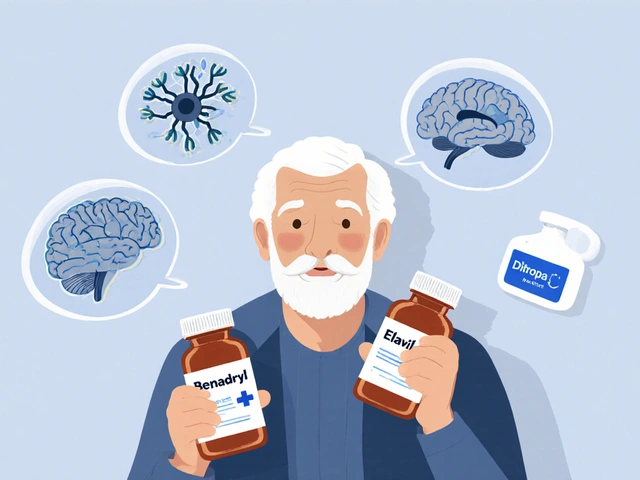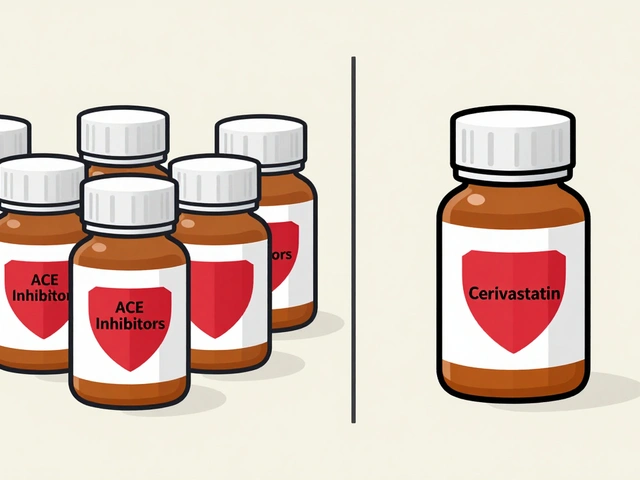Coping strategies for medication side effects, sleep loss, and health stress
Feeling overwhelmed by meds, side effects, or a long health problem? You’re not alone. This page collects clear, practical coping strategies you can use right away — whether you’re dealing with anxiety about buying medicine online, sleep debt, chronic illness, or confusing treatment choices.
Quick tools you can try now
When stress spikes, quick tools help you steady your body and mind. Try a 4-4-4 breathing break: breathe in for 4 seconds, hold 4, breathe out 4. Do it three times and notice your pulse slow down. Use grounding: name five things you can see, four you can touch, three you can hear, two you can smell, one you can taste. That shifts focus away from panic fast.
If side effects from a medication make you anxious, track them. Write the symptom, time of day, and what you ate or did before it started. That simple log helps your doctor adjust dose or timing—and it calms you by turning vague worry into clear data.
Sleep recovery: avoid long naps after noon, get sunlight within an hour of waking, and keep screens off 30–60 minutes before bed. If you try an OTC sleep aid like doxylamine, read one of our guides first so you know what it does and what to avoid.
Practical habits that help over weeks
Create a daily routine that includes small wins: a short walk, a 10-minute stretch, and a single focused task. Routines reduce decision fatigue while you’re juggling meds, appointments, and symptoms. For chronic conditions, set timed reminders for meds and refill checks so you don’t run out unexpectedly.
When buying meds online or switching pharmacies, pick one trusted source and stick with it. Read our articles on spotting fake pharmacies and safe online sellers before you order. Keep a copy of prescriptions and a photo of medication labels on your phone so you can double-check names and dosages anytime.
Talk to someone who gets it. A friend, partner, or online support group can normalize what you’re feeling. If caregiving or dementia care is part of your life, short respite breaks matter—ask for help or schedule 30 minutes alone each day for rest or a hobby.
Work with your clinician. If a medicine causes trouble, bring your symptom log and ask about alternatives. There are often options—different drugs, dosages, or timing can make a big difference. Our articles on alternatives to common medicines and treatment duration can help you prepare that conversation.
Finally, keep a small health kit: water, snacks, a notepad, key phone numbers, and a copy of your current meds list. When stress hits, practical tools reduce chaos and help you make better choices.
Want more specific tips? Browse the linked articles on this tag for step-by-step guides about meds, sleep aids, online pharmacies, and safer choices for common conditions.

How Chronic Diarrhea Affects Relationships and Intimacy
Discover how chronic diarrhea can strain relationships and intimacy, and learn practical communication, diet, and medical strategies to keep love thriving.
View More





